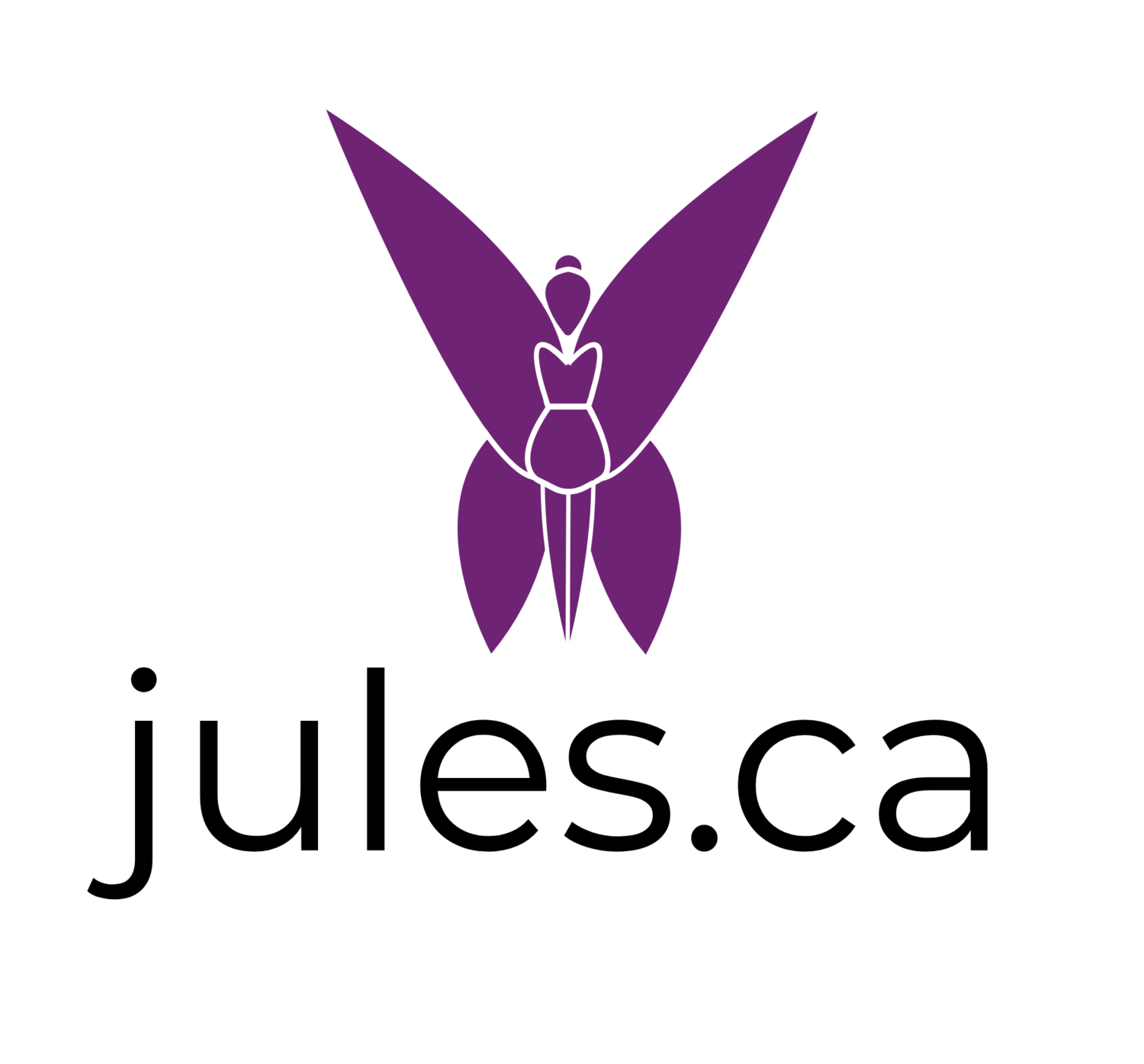So - what's a Blog?
A weblog, which is usually shortened to blog, is a type of website where entries are made (such as in a journal or diary), displayed in a reverse chronological order.Blogs often provide commentary or news on a particular subject, such as food, politics, or local news; some function as more personal online diaries. A typical blog combines text, images, and links to other blogs, web pages, and other media related to its topic. Most blogs are primarily textual although many focus on photograph (photoblog), videos (vlog), or audio (podcasting).
Blog - Wikipedia, the free encyclopedia
I've also been asked, by a few zillion folks what a blog really is, and where it came from. Doing a quick wilipedia search came up with the excerpt above. I am starting to see that Wilikedia is even better than Newton's Telecom Dictionary (aka my personal bible)
The term "weblog" was coined by Jorn Barger on 17 December 1997. The short form, "blog," was coined by Peter Merholz, who jokingly broke the word weblog into the phrase we blog in the sidebar of his blog Peterme.com in April or May of 1999.[2][3][4] This was quickly adopted as both a noun and verb ("to blog," meaning "to edit one's weblog or to post to one's weblog").
So - no one has a website any more, everyone has a blog... it's just the web 2.0 version of a website. No more static yickiness, easy to edit, easy to change, jusdt easy. Corporations have web sites (still), people have blogs. Blogs are interactive with their visitors, and can create a sense of community. Websites are ofen not terribly interactive, and don't provide many options for visitors to be involved in the site. Websites are notorious for having stale information. At some point, the entire web will be live and interactive. Soon.
technorati tags:what is a blog, weblog
